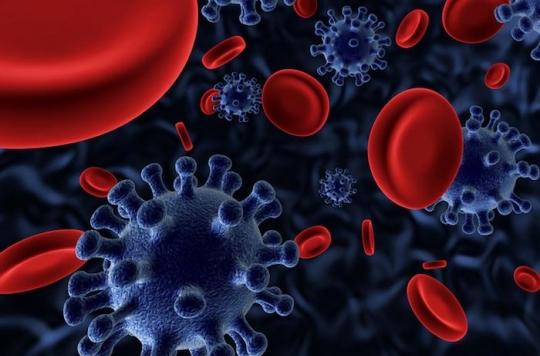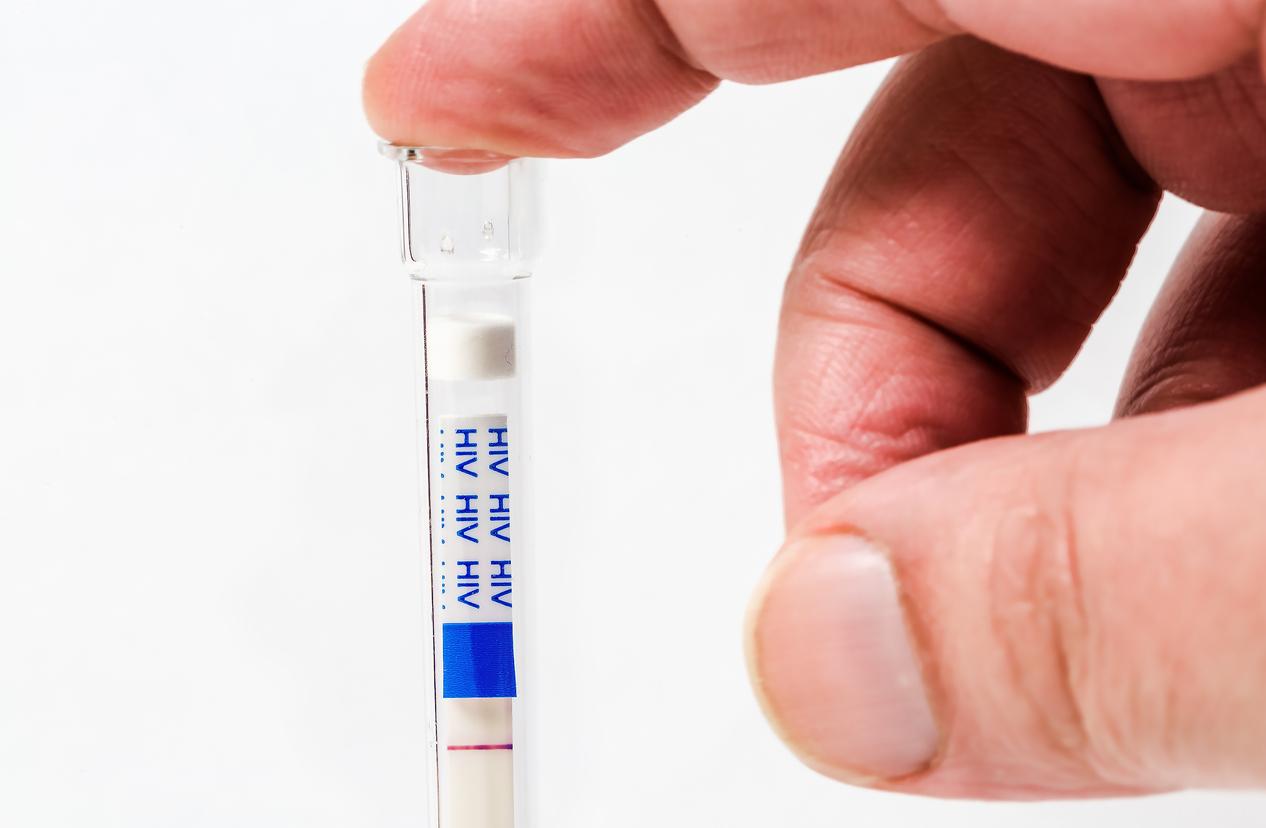Effective in fighting certain types of cancer, CAR cell technology could also help eliminate the AIDS virus in people in remission under treatment. A new advance in gene therapy, on which many hopes are based.

As we know, HIV attacks the immune system and in particular T lymphocytes, white blood cells essential for this system. Until now, drug treatments have made it possible to slow down the development of the virus in the body, but the virus, after having disappeared from the blood, remains hidden in “reservoirs”.
In recent years, researchers have been looking at gene therapy to completely eradicate the virus. The ultimate goal is to completely free the immune system from the virus by destroying the quiescent cells that harbor HIV and serve as a reservoir for reinfection of the body as soon as the antiviral treatment is stopped.
According to a study, published in the journal PLOS Pathogens, CAR-T blood stem cells, obtained thanks to a genetic modification, could make it possible to fight the cells of the immune system, the T lymphocytes, infected by the AIDS virus, these famous reservoirs, and ensure immunity for at least 2 year.
What are CAR-T cells?
From the English “Chimeric Antigen Receptor”, CAR-T cells are generally genetically modified T lymphocytes. A T lymphocyte is a white blood cell secreted by the thymus. It plays an important role in the immune system since it helps protect cells from germs and infections. If there is a germ, the T cells will join together with other types of white blood cells to eliminate it.
At the origin of the CAR-T (chimeric antigen receptor) technique, these T lymphocytes are genetically modified to carry a gene encoding to express on their surface a chimeric receptor for a specific cancerous antigen in order to recognize cancer cells and kill them. CAR-T cells are a hope, in particular in various cancers of the blood (leukemia, lymphoma, myeloma) and of the brain (glioblastoma).
In the case of HIV, researchers have designed hematopoietic layer cells that carry chimeric receptors on their surface directed against HIV and its particles which are expressed on the surface of infected cells. Because they are stem cells, these anti-HIV CAR cells go into the bone marrow and destroy the HIV-infected immune cells there.
Encouraging long-term results
For the moment, the experiment has been successful in laboratory animals, but anti-HIV CAR stem cells are rather promising in the eradication of reservoir cells infected by the AIDS virus.
In addition to destroying HIV-infected marrow cells, anti-HIV CAR stem cells survived for 2 years in the marrow and continued to multiply to produce HIV-directed CAR cells for the next two years. followed.
The researchers therefore see it as a means of creating, in addition, a long-term immunity against the virus. However, this gene therapy does not take place until after antiretroviral therapy has gone into remission, which will probably have to be continued for a while, but could be interrupted.
According to the study authors, such a discovery could radically change the treatment strategy.

.

















